Currently, the burden of non-communicable diseases in Vietnam remains high, accounting for 70% of the total disease burden nationwide. Of these, sugary drinks are identified as the cause of a series of diseases, increasing obesity, diabetes, cardiovascular disease and other non-communicable diseases.
Regarding issues related to the burden of sugary drinks on the health of Vietnamese people, Dr. Angela Pratt - Chief Representative of the World Health Organization (WHO) in Vietnam shared with the press.
- In your opinion, what strong enough measures does Vietnam need to implement to contribute to effective prevention and reduction of the disease burden caused by non-communicable diseases?
Dr. Angela Pratt: The rate of people with non-communicable diseases in Vietnam is increasing and the rate of overweight/obesity is also increasing alarmingly: from 15.6% in 2015 to 19.6% in 2021. More worryingly, the rate of overweight/obesity in children and adolescents (5-19 years old) has more than doubled, from 8.5% in 2010 to 19% in 2020.
There is strong evidence that people who regularly consume sugary drinks face an increased risk of type 2 diabetes, heart disease, stroke and cancer. The habit is also linked to weight gain and obesity in children and adults, which are major risk factors for many diseases and are particularly unhealthy for children.
Consumption of sugary drinks in Vietnam has increased rapidly over the past 15 years. In 2023, Vietnamese people consumed four times more sugary drinks than in 2009, with each person in Vietnam consuming an average of nearly 70 liters of sugary drinks per year, equivalent to 1.3 liters per week.
WHO recommends imposing taxes on sugary drinks to increase prices and reduce consumption. This measure is particularly effective in changing the habits of children and adolescents, who are more affected by price.
- Has the tax on sugary drinks been implemented in many countries yet, madam?
Dr Angela Pratt: Around the world , around 110 countries are taxing sugary drinks. Experience shows that this is a win-win solution - improving health and reducing health care costs, while also increasing government revenue.
WHO also recommends raising public awareness. For example, not many people know that a 330 ml can of soft drink can contain up to 10 teaspoons or 40 grams of sugar.

Taxes on sugary drinks and raising public awareness of healthy diets, along with other measures to reduce risk factors such as smoking and alcohol consumption, are well aligned with Vietnam’s goal of reducing the burden of non-communicable diseases.
WHO welcomes Conclusion 176-TB/VPTW, a timely and dedicated direction from General Secretary To Lam and his speech on Vietnam Doctors' Day on February 27, which emphasized the importance of disease prevention and a healthy lifestyle, including healthy eating, saying no to alcohol and tobacco.
-In your opinion, when should the consumption tax on sugary drinks in Vietnam be implemented?
Dr. Angela Pratt: Now is a very opportune time because compared to other countries in the region and the world, Vietnam is lagging behind. The National Assembly is considering amending the Law on Special Consumption Tax, which is a great opportunity to impose a tax on sugary drinks. Because without intervention, the trend of sugary drink consumption will continue to increase, leading to many negative consequences for children, adolescents, adults, and society as a whole.
In some countries, we see industry wanting to block or delay the tax, arguing that it will cause economic harm. But evidence from around the world shows that this is not the case. In fact, when taxes are imposed, consumers switch to other drinks that are less sugary or sugar-free, which are healthier. Smart manufacturers will be flexible in adapting their products to meet new demands.
Therefore, WHO calls on National Assembly Deputies and policy makers in Vietnam to take action now.
- General Secretary To Lam said that he will focus on developing healthcare and taking care of people's health, moving towards free hospital fees for people. Regarding the issue of free hospital fees, many experts believe that to do this, a huge amount of resources, even socialization, is needed. What is your opinion on this issue?
Dr. Angela Pratt: We warmly welcome the announcement by Deputy Minister of Health Tran Van Thuan that Vietnam will gradually introduce free annual health check-ups for citizens by 2030 to detect diseases early, reduce treatment costs, and improve public health and productivity as directed by General Secretary To Lam.
In my opinion, Vietnam has many different options to finance this, including dedicating revenue from tobacco, alcohol, or sugary drinks taxes, if it is adopted soon.
Many thanks to Dr. Angela Pratt./.
Source: https://www.vietnamplus.vn/who-viet-nam-nen-ap-thue-doi-voi-do-uong-co-duong-nham-giam-tieu-dung-post1041950.vnp








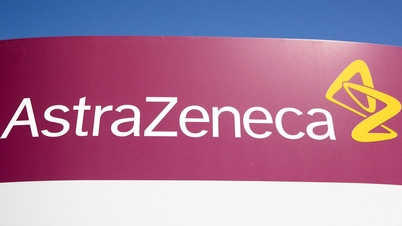

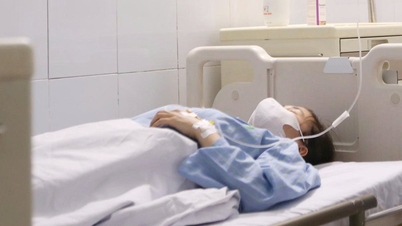















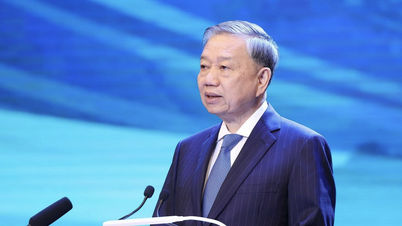
































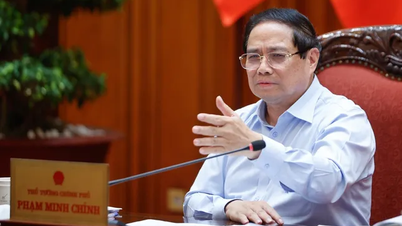










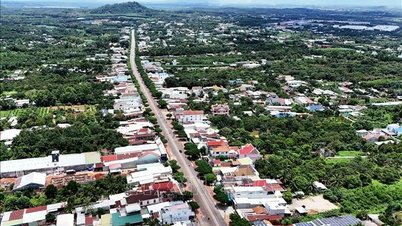





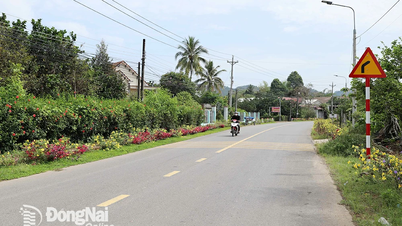

















Comment (0)